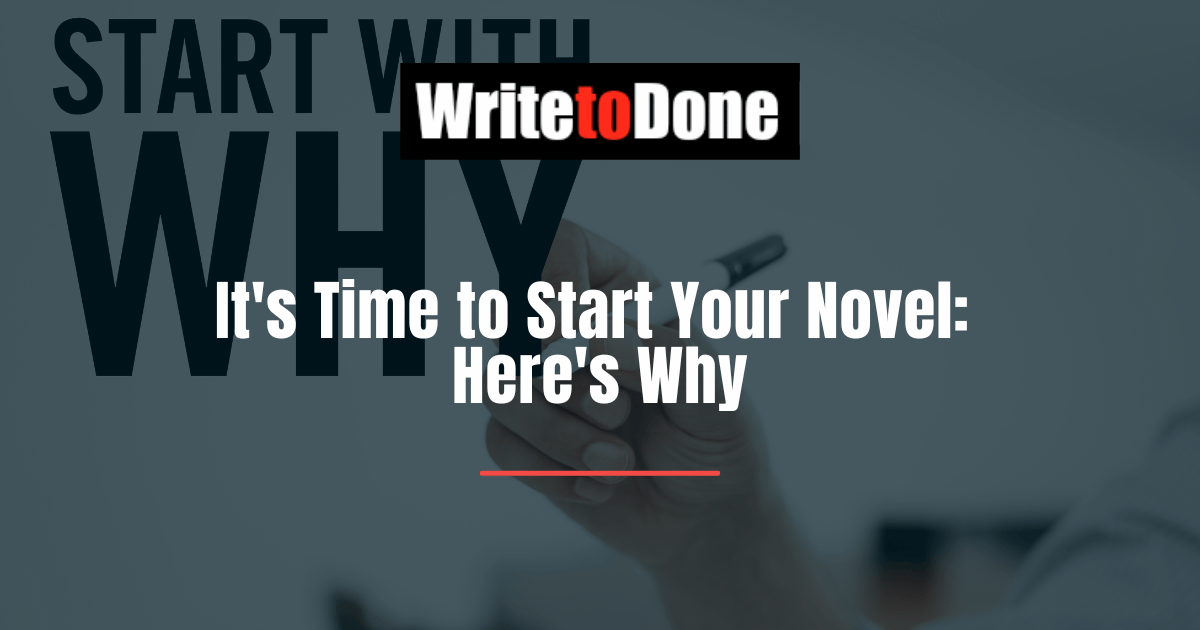A Guest Post by Ali Luke of Aliventures.com
You’ve had the seed of a novel in your head for months now.
Maybe it’s a plot idea (“What if..?”) Maybe it’s a character. Maybe it’s simply the thought of writing something that’d bring other people the same pleasure that you’ve had as a reader.
That seed has been sitting, waiting. And now it’s time to let it grow.
I know you’re not ready. I know you don’t have enough time. I know you don’t want to waste your idea by going for it too soon.
But …
There’s Never Going to be a Perfect Time
For years, I had a novel seed in my head: a group of online roleplayers summon an evil demon into their game … and into the real world.
And for years, I didn’t want to start. I knew this novel was going to be complex, with several viewpoint characters. I knew it wasn’t going to fit easily into one genre. I knew it was going to take more skill than I had.
Perhaps you feel just the same about your novel idea. It could be your first novel: you’ve never tackled anything this big before. You might be reading books and blogs about the craft of writing, hoping that all the pieces will fit together before you sit down to write your first word.
Maybe your life is hectic right now. You’ve got a day job, a family, commitments. But is your life really going to be less busy in a year’s time?
Eventually, I made a start on my novel. My first few words – and chapters – were fumbling. My initial vision changed and came into focus as I wrote. Six drafts and three years later, I published that novel, Lycopolis.
Writing Isn’t Just About the Money
Working on a novel can seem like an extreme act of self-indulgence, especially if you make a part-time or full-time living from your writing. Every hour that you spend on fiction is an hour you could spend on your blog, or your client work, or your non-fiction ebook, or your membership site…
But you didn’t go into writing for the money. You built your work and your life around writing so that you could do what you love, every day.
One of the reasons I wanted to work for myself was so that I had more freedom, more flexibility with my time. If I want to spend a weekday afternoon writing my novel, I can. Sure, I’d have more money in the bank right now if I’d written an extra ebook and a few dozen guest posts, instead of a novel … but I’d have lost out on much of the real richness of my life.
You’ll Learn So Much from the Journey
No-one is ever fully ready to tackle a big, new project. But however many books you read, or courses you take, or experts you consult … you still won’t be ready.
The only way to truly learn how to write a novel is to write one.
You’ll learn about writing. You’ll learn how to make every word count, how to create characters that are real, how to craft scenes that grip the reader, how to use dialogue and description, how to pace your writing effectively. (And a lot of this will apply in other areas of your writing life, not just to future fiction projects.)
You’ll learn about yourself. It’s pretty much a given that your novel will draw on a lot of what interests you personally. Your characters might represent different aspects of you; your hero may be you at your best, and your villain may be you at your worst. You’ll learn that you’re more creative than you realized.
You’ve got a choice. You could let another year, or two, or three, slip by. You could let that novel seed slowly turn to dust inside your head.
Or you can plant that seed. You can decide that today is when you’ll begin.
A year from now, you could have a finished first draft. And in two or three years, your novel could be published.
Today, get a notebook, just for your novel. Write down that idea. Start to explore it. See what starts to grow.
Don’t keep waiting. It’s time to begin.
Ali Luke is currently on a virtual book tour for her novel Lycopolis, a fast-paced supernatural thriller centered on a group of online roleplayers who summon a demon into their game … and into the world. It is available in print and e-book form. Find out more at www.lycopolis.co.uk
















